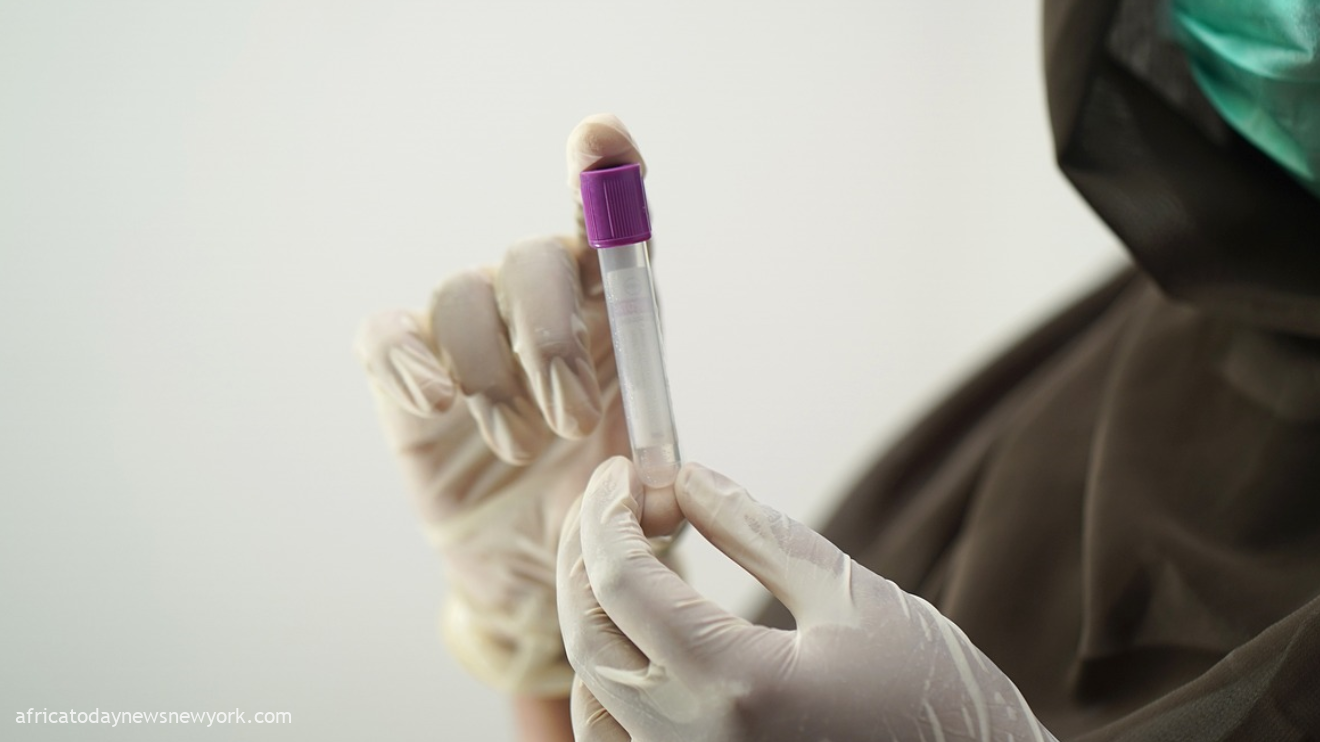Researchers in Kenya have announced the discovery of two new strains of two common sexually transmitted diseases among a group of women in a town in western Kenya.
The scientists were investigating the reason behind the rising STI cases recorded in two hospitals in the region when they discovered new mutations in genes associated with chlamydia and gonorrhoea.
Africa Today News, New York gathered that no fewer than 400 women above the age of 15 were diagnosed with gonorrhoea and chlamydia with new mutations.
The researchers from the Kenya Medical Research Institute fear that the disease could spread to neighbouring Uganda as the town, Busia, is along the border where truck drivers stop.
This group of people are at an increased risk of getting HIV and sexually transmitted disease.
Read Also: Drought Kills Over 200 Elephants In Kenya
The researchers are planning to conduct more studies to establish how widespread the disease is and whether the new mutations can be treated by standard antibiotics.
They said the changes on the genetic makeup of the virus had not been seen before.
Prof Samson Muuo, the assistant principal research scientist at the Center for Microbiology Research at Kemri, revealed that the two new mutations identified in MtrR and 23S rRNA genes were associated with macrolide resistance and were not from a common ancestral origin from the previously reported ones.
Africa Today News, New York reports that Macrolides are drugs used to manage and treat bacterial infections.
The researchers will analyze the sociodemographic characteristics of the sampled women, including the use of protection during sex, histories of using antibiotics, comorbidities, and previous similar infections.
Prof Muuo pointed out that co-infection is not new in diseases and that the phenomenon exhibited in the study is expected when one is exposed to different pathogens.
